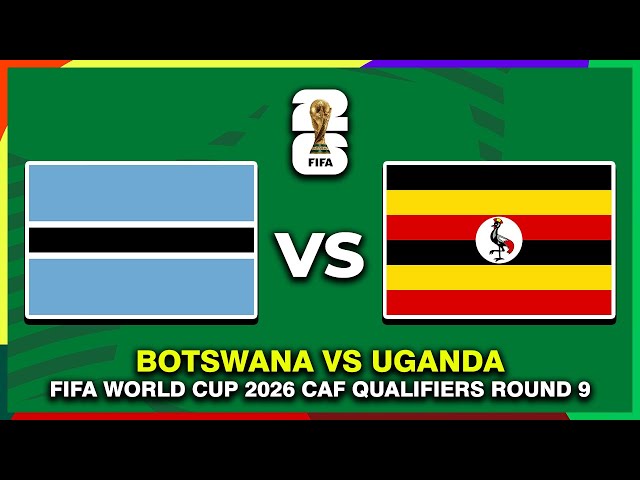Botswana vs Uganda: A Comparative Overview

Introduction
The comparison between Botswana and Uganda is increasingly relevant as both nations play vital roles in Africa’s socio-economic landscape. With distinct paths of development, political stability, and cultural richness, an analysis of these two countries offers insights into their potential growth trajectories and challenges. Both nations, despite their geographical separation, are emblematic of Africa’s diversity and complexities.
Geographical Context
Botswana, located in Southern Africa, is predominantly flat with much of its land covered by the Kalahari Desert. It is known for its wildlife reserves and stable climate. In contrast, Uganda, situated in East Africa, is characterized by varied terrain including lakes, mountains and a tropical climate. This geographical diversity influences their agricultural practices, tourism potential and overall economic activities.
Economy
Economically, Botswana is renowned for its diamond industry, which accounts for a significant portion of its GDP and exports. It has successfully maintained high economic growth rates since independence, focusing on sustainable development. Conversely, Uganda’s economy is more diversified, with agriculture employing the majority of its population. Uganda is known for its coffee exports, which significantly contribute to its GDP. Both countries, however, face challenges like unemployment and poverty, necessitating strategic economic reforms.
Political Landscape
Botswana boasts a stable political environment with a longstanding democratic governance model, making it one of the most stable nations in Africa. Uganda, on the other hand, has experienced political turmoil since independence, with current governance under President Yoweri Museveni being highlighted for human rights issues. These political differences greatly impact foreign investment and citizen freedoms in both nations.
Cultural Aspects
Culturally, Botswana is known for its rich traditions, music, and art, with the Tswana people showcasing traditional practices. Uganda, famous for its ethnic diversity, features over 50 different ethnic groups, leading to a rich tapestry of languages, festivals, and cuisines. Both countries promote their heritage through various cultural events and festivals, attracting tourism.
Conclusion
In conclusion, while Botswana and Uganda exhibit contrasting characteristics in terms of geography, economic structures, political stability, and cultural identity, both countries present unique opportunities. Understanding these differences is critical for investors, policymakers, and travellers alike. As both nations move forward, the potential for collaboration in areas like trade and tourism could further bolster their respective economies and enrich the continent’s development.








